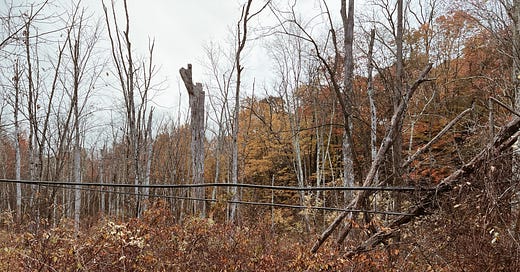This week, because I’ve spent the majority of my time researching Palestine and Israel, I don’t have much else to say, so this is just links, open to everyone.
I said last week I wasn’t going to comment on the situation overseas because of my lack of knowledge regarding it; because I firmly believe not everyone needs to comment on everything (and that it’s impossible for everyone to do that anyway); because I think we rely way too much on social media activism and performative activism instead of actual action which requires engagement and depth and space and true humility; and many other reasons.
Nothing has changed in terms of why, but as I started exploring a few resources obtained from trusted sources I felt deeply compelled to keep going, and eventually felt personally compelled (not socially compelled) to comment.
For the past few years, I have not commented on larger political issues or hot-button/divisive issues (save whatever politics are tied to my areas of interest, such as…



